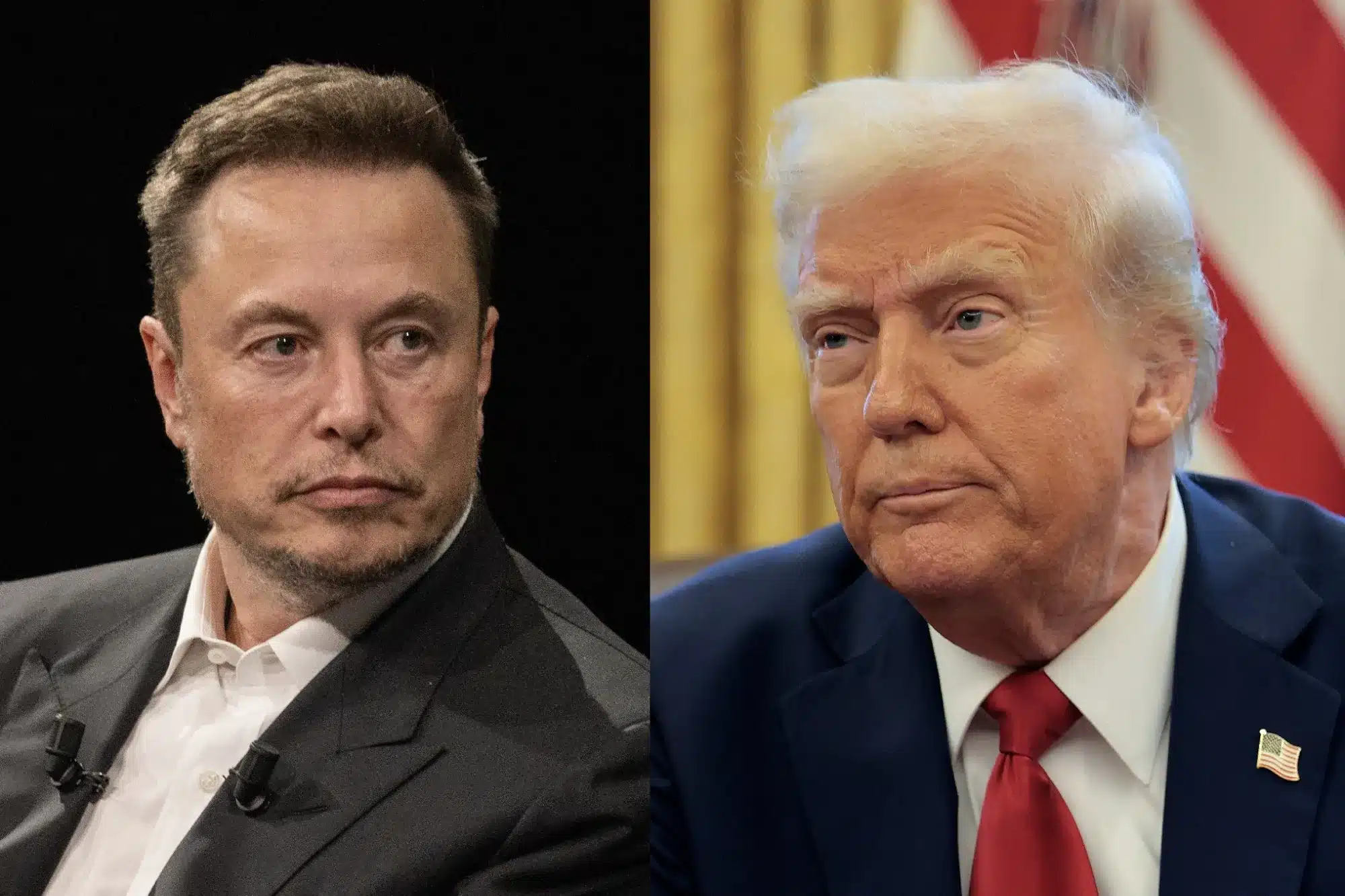The exploration of space and colonisation of other planets is something that has long been fantasised about within science fiction, but I doubt anyone actually thought that it could be achieved in our lifetime.
Featured Image VIA
Well, that number obviously doesn’t include technological visionary Elon Musk who yesterday announced plans for what he is calling SpaceX – the colonisation of Mars within ten years. Musk was speaking at the International Astronautical Congress in Guadalajara, Mexico and had the following to say, kindly summarised by The Guardian: (alternatively you could watch the whole presentation but it’s an hour long and you probably won’t understand it):
https://www.youtube.com/watch?v=IFA6DLT1jBA
What I really want to try to achieve here is to make Mars seem possible – like it’s something we can achieve in our lifetimes.
There are two fundamental paths facing humanity today: one is that we stay on Earth forever and then there will be an inevitable extinction event, whereas the alternative is to become a spacefaring civilization, and a multi-planetary species.
To achieve this goal, a multi-stage launch and transport system, including a reusable booster – like the Falcon 9, which SpaceX has already successfully tested – will be utilised, only it will be much larger than the Falcon 9.
The booster, and the interplanetary module on top of it, would be nearly as long as two Boeing 747 aircraft. It will initially carry up to 100 passengers (you can see a computer simulation of this below).
The first ship to go to Mars will be named Heart of Gold as a tribute to the ship powered by an infinite improbability drive from Douglas Adams’ science fiction novel ‘The Hitchhiker’s Guide to the Galaxy’.
Similar modules, also launched using reusable boosters, would remain in Earth’s orbit to refuel the interplanetary craft to be able to embark on multiple trips, including to other parts of the solar system such as Enceladus, a moon of Saturn on which Nasa’s Cassini mission recently found evidence of a polar subsurface water ocean that could harbour life.
We’re also devising a system by which fuel could be synthesised on Mars from water and carbon dioxide in order to fuel return journeys to Earth.
The current cost of sending someone to Mars is estimated at around $10bn per person. There will be price improvements over time because of the reusability of the spacecraft, in-orbit refuelling and on-Mars propellant production that will reduce that cost by orders of magnitude.
Wow – it certainly sounds like he knows what he’s talking about and he’s going to make it happen, doesn’t he?
Unfortunately Musk didn’t really address how the astronomical cost of his mission was going to be funded, although he did mention some revenue streams including sending cargo and astronauts to the International Space Station and launching satellites, as well as three sections mysteriously labelled ‘Kickstarter, Profit and Stealing Underpants’ that he didn’t discuss. Sounds like he knows what he’s doing in that respect too then.
This does beg the question though, what’s going to happen to those other people that were competing in a Big Brother style reality show to be the first people on Mars? Was that all just one giant hoax?















